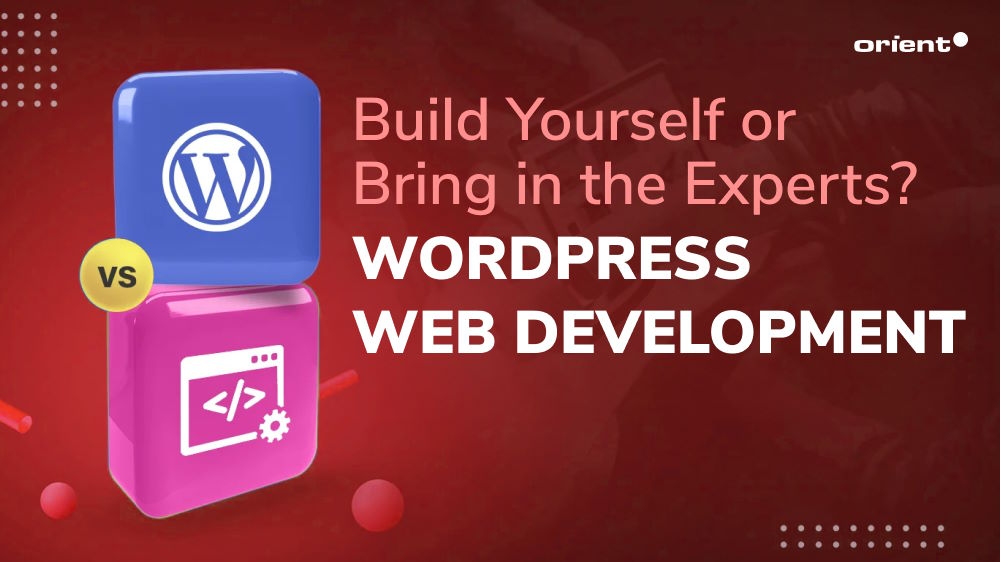Click Info Track: Your Daily Dose of Insights
Stay updated with the latest trends and information across various topics.
WordPress Development: Crafting Digital Dreams with Code
Unlock the secrets of WordPress development and turn your digital dreams into reality! Dive into coding magic today!
Top 10 Essential Plugins for Enhancing Your WordPress Development
When it comes to WordPress development, utilizing the right plugins can significantly enhance both functionality and user experience. Here are the top 10 essential plugins every developer should consider:
- Yoast SEO - Perfect for optimizing your content for search engines.
- Elementor - A powerful page builder that makes designing layouts a breeze.
- WooCommerce - The ultimate solution for creating and managing an online store.
- WP Super Cache - Improves site performance by caching pages and posts.
- Akismet - Protects your blog from spam comments.
- UpdraftPlus - Backup plugin that ensures your data is safe.
- MonsterInsights - Simplifies Google Analytics integration and tracking.
- Wordfence Security - Essential for ensuring your site’s security.
- Custom Post Type UI - Helps create and manage custom post types.
- Contact Form 7 - A flexible contact form solution that allows easy communication.
These plugins not only streamline WordPress development but also contribute crucial features like SEO enhancement, site speed improvement, and user engagement. By installing the right combination of these plugins, developers can create a site that not only looks great but also performs well in search rankings and provides a seamless user experience. Ensure you're leveraging these tools to their fullest potential for an optimized WordPress site.

How to Create a Custom WordPress Theme from Scratch
Creating a custom WordPress theme from scratch can be an exhilarating journey for developers looking to harness the full potential of WordPress. To begin, you'll need a solid understanding of HTML, CSS, and PHP, as these technologies form the backbone of your theme's structure. Start by setting up a local development environment and preparing essential files such as style.css and index.php. Organize your files into a dedicated theme folder and remember to include a functions.php file to enqueue your styles and scripts properly. This will be the foundation upon which you build your unique design and functionality.
Once your initial setup is complete, it's time to dive into the design aspects of your WordPress theme. Utilize HTML and CSS to create the layout you envision. Implement WordPress template tags and the loop to dynamically display your content as you go. Don't forget to make your theme responsive to ensure it looks great on all devices. Finally, take advantage of best practices such as using get_template_part() for modular code and utilizing hooks to enhance your theme's capabilities. With these strategies, you’ll be well on your way to crafting a custom WordPress theme that not only meets your needs but also resonates with your audience.
What are the Best Practices for Secure WordPress Development?
When it comes to secure WordPress development, following best practices is essential to protect your site from vulnerabilities. Regularly updating your WordPress core, themes, and plugins is a fundamental step. Each update often includes important security patches that address potential threats. Additionally, implementing strong passwords and utilizing two-factor authentication can greatly enhance the security of your administrative accounts. It's also wise to limit login attempts and monitor user activity through security plugins to safeguard against unauthorized access.
Another critical aspect of secure WordPress development is choosing a reliable hosting provider with built-in security measures. Utilizing SSL certificates to encrypt data is another effective practice. Furthermore, regularly backing up your website ensures you can restore it quickly in the event of a security breach. Establishing a comprehensive security policy that includes regular security audits and vulnerability assessments will keep your site secure and maintain the integrity of your content. Always keep security at the forefront of your development strategy to effectively mitigate risks.